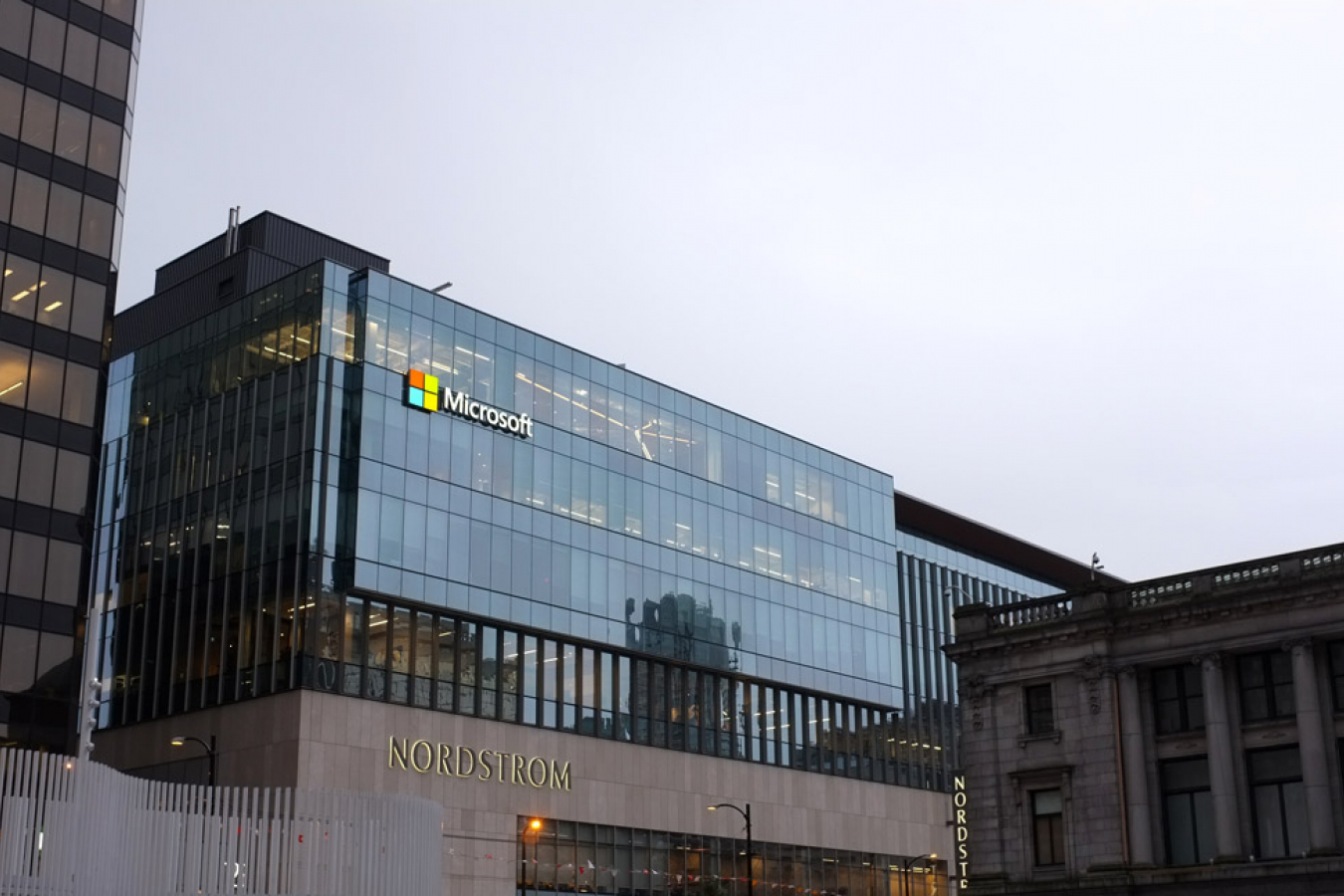microsoft.jpg

Photo by Matthew Manuel on Unsplash.
Support migrant centric journalism today and donate

Multinational tech firm, Microsoft, is the latest company to settle with the US Department of Justice (DoJ) over claims of US immigration-related discrimination. Founded by Bill Gates and Paul Allen in 1975, Microsoft joins Facebook and clothing retail giant, Gap, in settling over claims that it discriminated against non-US citizens based on their US immigration status.
According to the lawsuit filed against Microsoft, a number of non-US citizens were asked to provide specific immigration documents, unnecessarily, to prove that they could work for the company without needing its sponsorship for US work visas.
The settlement also resolves claims that Microsoft had discriminated against lawful permanent residents, meaning green card holders, who were asked for more or various different documents than legally required to reverify their permission to work in the US.
DoJ investigation
A DoJ investigation found that from at least June 2019 up to January 2020, Microsoft would routinely send emails to lawful permanent residents asking them to send documents to confirm their continued right to work in the US, even though they had already provided the necessary documentation demonstrating their permanent work authorization.
The investigation into Microsoft started after the spouse of an applicant called a hotline to report that the company had asked her husband for his permanent residency card when applying for a job at Microsoft’s Redmond Washington facility.
It’s understood that at least six lawful permanent residents were discriminated against. In the course of its investigation, the DoJ found evidence that Microsoft repeatedly asked lawful permanent residents, refugees and asylum seekers to undergo an evaluation of their need for the company to respond to them for an employment-based visa, even though they did not need sponsorship to work in the US.
Immigration and Nationality Act
Microsoft’s actions violated the US Immigration and Nationality Act (INA), which requires that employers verify the permission of a worker to work in the US, but prohibits companies from asking for documents when it’s not required or from limiting or specifying the types of valid documentation a worker is allowed to provide because of a worker’s citizenship, immigration status or national origin.
Under the terms of the settlement, Microsoft has said that it will overhaul parts of its hiring process to ensure that the company is not unlawfully asking non-US job applicants, including those with permanent authorization to work, to provide specific US immigration documents to prove they do not require sponsorship for a US work visa.
The settlement also requires the company to stop sending emails asking for documents to reverify work authorization to workers whose work authorization should not be reverified.
Plus, the settlement requires Microsoft to allow workers, who need to prove their continued work authorization, to provide their choice of documentation that is acceptable for that purpose.
Civil penalties
Microsoft has also been ordered to pay civil penalties and train its employees who are responsible for verifying and reverifying workers’ permission to work in the US. The settlement also requires Microsoft to be subject to departmental monitoring and reporting requirements.
Assistant attorney general with the DoJ’s Civil Rights Division, Kristen Clarke, said: “The DoJ will continue, through investigations and settlements such as this one, to ensure that all non-US citizens who are authorized to work can pursue job opportunities without facing unlawful discrimination.”
Workpermit.com can help with US employment-based visas
If you would like to apply for a US work visa – including L1 visas, E2 visas, O1 visas and H1B visas - Workpermit.com can help.
Workpermit.com is a specialist visa services firm with over thirty years of experience dealing with visa applications. We can help with a wide range of visa applications to your country of choice. Contact us for further details. You can also telephone 0344 991 9222.




















